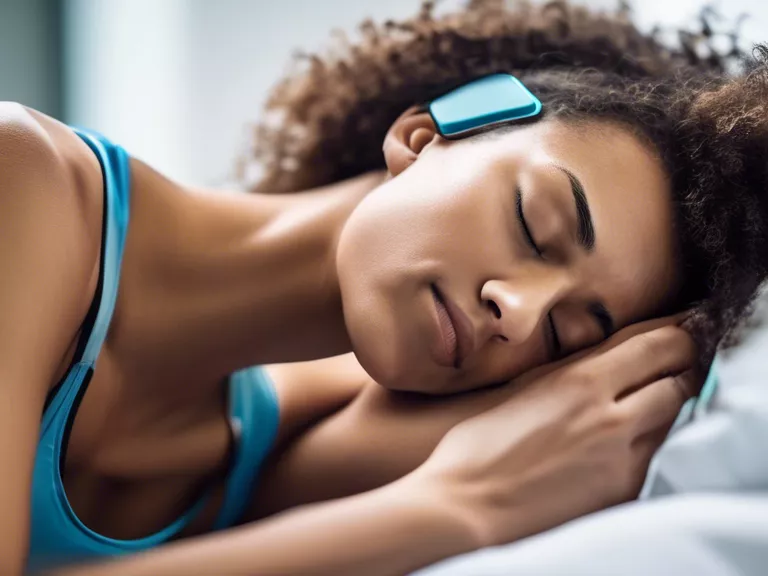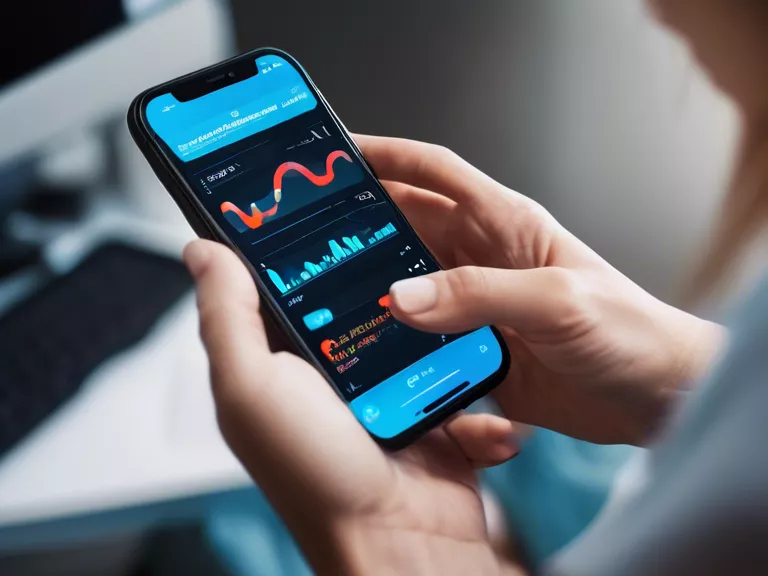
Fitness trackers are a great tool to not only monitor your physical activity but also track your sleep quality and recovery. In this article, we will explore how to leverage fitness trackers to improve your sleep quality and overall recovery process.
When it comes to monitoring sleep quality, fitness trackers can provide valuable insights into your sleep patterns. By tracking metrics such as the time you spend in each sleep stage, your heart rate during sleep, and your overall sleep duration, you can get a better understanding of your sleep quality. This information can help you identify any potential sleep issues and make necessary adjustments to improve the quality of your sleep.
To use fitness trackers to monitor sleep quality effectively, it is important to wear your tracker consistently while sleeping. Make sure to sync the data with your smartphone or computer regularly to review your sleep patterns. Pay attention to trends over time and look for any correlations between your lifestyle habits and your sleep quality.
In addition to monitoring sleep quality, fitness trackers can also help you improve your recovery process. By tracking your activity levels throughout the day, including your workouts and daily steps, you can ensure that you are giving your body enough time to rest and recover. Fitness trackers can also provide helpful reminders to take breaks and move throughout the day, which can prevent overtraining and improve your overall recovery.
In conclusion, fitness trackers can be a valuable tool to monitor sleep quality and improve recovery. By consistently wearing your tracker, syncing your data regularly, and analyzing your sleep patterns, you can make informed decisions to enhance the quality of your sleep. Additionally, tracking your activity levels and using reminders to rest and recover can help optimize your recovery process. Incorporating these strategies into your routine can lead to better overall health and performance.



